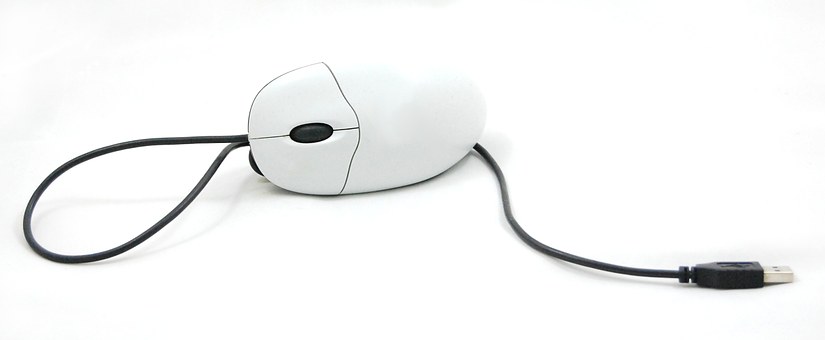PayPal Vs. Merchant Account

PayPal Vs. Merchant Account
PayPal Vs. Merchant AccountMany people see PayPal*, ClickBank* and other third-party providers as the best way to do business without a Merchant Account since there is no application process involved, and some, like PayPal*, have no up-front fees. This aspect makes them more appealing to "shoestring" start-ups and business models that deal with online (digital) products. However, sometimes "cheap" isn't a always a bargain.
Let's take a look at the real differences between using the third-party solutions (like PayPal*) and getting your own merchant account...
1. A typical merchant account will cost about $100 - $250 to set up, a monthly minimum fee (minimum charges incurred, that is) of $25 and $5+ per month for statements. They will charge anywhere from 1% to 4% or more per transaction (discount rate) depending on your type of business and most also have some sort of transaction flat-fee, ranging from $0.05 to $0.25

In comparison, PayPal* charges no set up fee, a 2.9% discount rate and a 30 cents per transaction; CC Now* has no fees other than charging 9% per transaction; ClickBank* has a set-up fee of $49.95, no monthly fee and 7% and $1 fee per transaction. DigiBuy* charges $29.95 set-up fee, no monthly fee but a 13.9% or $3 (whichever is greater) per transaction.
To break down the costs, basically, as soon as you're doing any kind of notable sales volume (ie. $1000/mth or more), the costs of using services like ClickBank*, CCNow* and DigiBuy* far outweigh whatever you'd be paying for a real merchant account that suits your business. The discount rate is usually where all of the money gets spent as it is, and that's where third-parties generally make all of their money.
PayPal*, however, has a rather low discount rate, and its only additional charge for a standard account is the transaction fee of 30 cents. In fact, if we compare the average charges of a real merchant account with those of PayPal purely from a "numbers" standpoint, it only becomes cost-effective to use a merchant account if you're processing around $50,000 or more each month.
Well, that's only taking into account the actual numbers involved and not the other variables that come into play when doing business online, or offline..
2. At first glance, it appears as though PayPal* is the superior option by far. Their low discount rate and transaction fees are unbeatable, and there is practically no entry barrier. You can open a PayPal* account for free in a matter of minutes, and you can start accepting payments as soon as your details are verified. And for several small-time sellers and internet entrepreneurs, PayPal* will do the trick just fine.
However, there are major drawbacks that are not mentioned in the black and white comparison table that involves cash the value of the transactions might be different once you realize the following:
a. Often these alternatives do not handles support requests immediately; there have been instance when delays went on for several weeks
b. Paypal* does not allow access to the credit card number of the customer, nor do any other service bureaus
c. Most of the alternatives do not have the capability to calculate shipping charges and taxes in their shopping carts
d. Some alternatives are useful only for large profit-margin sales due to the steep charges per sale (eg. DigiBuy charges 14% per sale which is massive)
e. Some of the alternatives to the merchant account do not have a shopping cart at all (eg. ClickBank*), while some such as that of Paypal* is primitive to say the least
f. PayPal* has been known to shoot first and ask questions later meaning that even if one of their employees "thinks" that you're somehow violating their terms of service some of which are easy to miss (like selling an opportunity, for example) then your account can be shut down and funds frozen without any warning whatsoever
g. If you're particularly skilled at marketing, and if you generate a large number of sales during some sort of launch don't be surprised if your account gets "red-flagged", frozen and audited. Again, this happens without warning.
In comparison, here's what you can generally expect from a merchant account:
1. If you're processing sales online, you'll be able to plug your merchant details into a user friendly, simple menu-driven (shopping-cart) interface/gateway and there are hundreds available, even free ones like OSCommerce* - that is easy to use by prospective customers, and comprehensive in terms of collecting crucial data
2. You can generally modify the shopping cart to suit your exact purpose including the shipping costs and prevailing taxes
3. It will disclose the credit card number of your customers for tracking purposes, refunds, etc.
4. It will help to fully automate your business in terms of payment processing
In other words, when you're starting out and have low sales volumes, it might be more cost-effective to use services like PayPal*. However, as soon as your sales pick up or if you want to have more control over your ordering process, while saving money on larger sales volumes, then you'll need to get a merchant account.
In closing, if you're serious about succeeding with your small business, you'll eventually need to get a merchant account. It's more profitable, and you have far more control of the money being processed.
http://www.articlesbase.com/business-opportunities-articles/paypal-vs-merchant-account-2641271.html Paying Attention What to include in Payslip Format Getting the finest Payslip Sample How to pay for US Visa Appointment from United States ? Buy Revitol stretch mark cream Where to buy acai pure Futon Sofa Beds - Reasons to Buy a Futon Sofa Buy Thyromine The Contigo Insulated Bottle - Reasons to Buy a Stainless Steel Insulated Bottle Reasons to Buy a Stainless Steel Insulated Bottle Weber Portable Barbecue Grills - Buy a Portable Gas Grill Today A handy guide on how to buy the best stereo sound system to suit your BMW Factors to be kept in mind while buying insurance with Anthem blue cross California